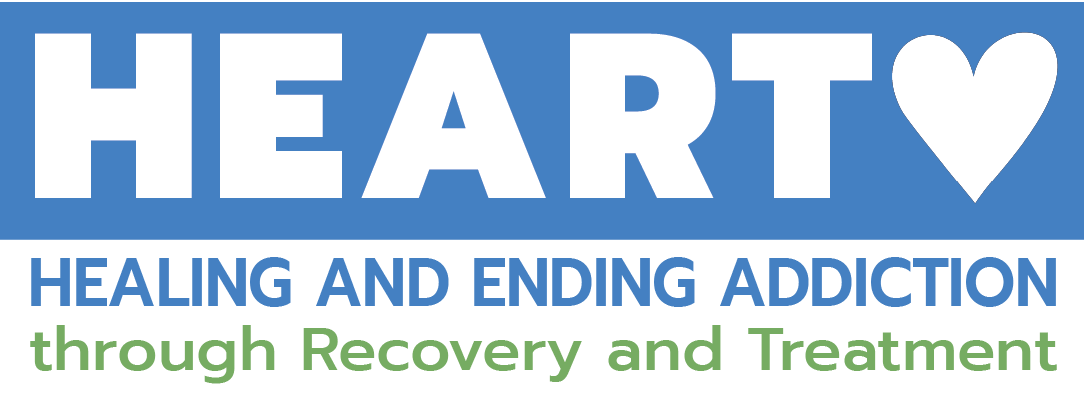Justice-Involved Reentry Initiative
The Problem
Individuals who are incarcerated have disproportionately high rates of physical and behavioral health needs. Approximately 20 percent of Montana’s state prison population has a serious mental illness; 40 percent of individuals processed through the Department of Corrections were convicted of offenses related to substance use.
A 2020 study showed that individuals released from the Department of Corrections had a 11.2 times higher risk of death than the general population, driven by a 27 times higher overdose rate.
The Intervention
Until now, due to a provision of federal Medicaid law known as the “inmate exclusion,” inpatient hospital care was the only service that could be covered by Medicaid for individuals considered an “inmate of a public institution.”
Montana is the third state to receive federal approval to waive the inmate exclusion and provide a limited set of Medicaid-covered services, including care coordination and medications, to adults in state prisons with a behavioral health need in the 30 days leading up to their release.
Reentry services will advance Montana’s efforts to minimize gaps in coverage and strengthen the full continuum of behavioral health and treatment programs for Montana communities through sustained investment in behavioral health interventions.
Covered Services and Eligibility Criteria
- Individuals who meet eligibility criteria may receive the following services in the 30 days immediately prior to their release from state prisons:
- Case management;
- Medication Assisted Treatment;
- Optional in-reach clinical consultation (to support warm hand-offs to community-based providers); and,
- 30-day supply of medication to have in hand upon release into the community
- Medicaid enrollees who meet the following criteria may be eligible for Medicaid-funded reentry services:
- Age 19 years of age or older; and,
- Have a qualifying substance use disorder and/or mental illness.
In addition to these benefits, Montana received approval to provide $2.3 million in capacity building funds to support planning efforts between the state prisons and DPHHS.


